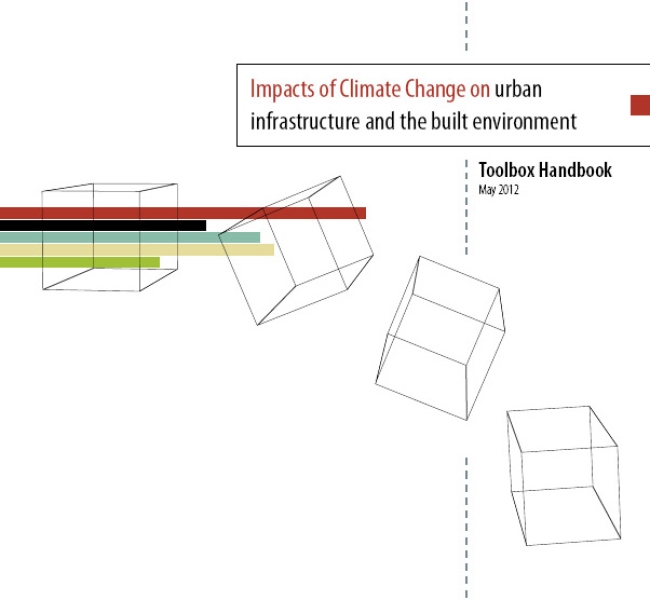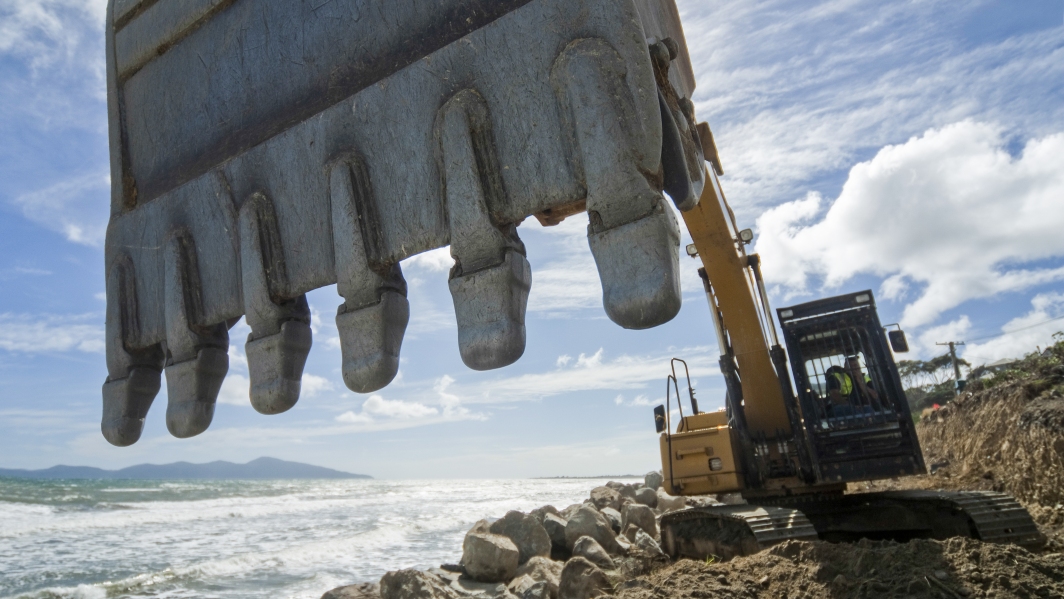Impacts of climate change on urban infrastructure and the built environment
The Impacts of Climate Change on Urban Infrastructure and the Built Environment Toolbox is a resource to help planners, engineers, asset managers, and hazard analysts in New Zealand urban councils understand and evaluate the potential impacts of climate change in their city. The Toolbox is designed with an overall 5-step evaluation framework represented by the "trays" in the Toolbox. Within each tray are downloadable reports (or "tools"), each with a specific purpose.
- Download the Toolbox Handbook as a PDF (PDF 3.1 MB)
Each tool has been written so that it can be read and understood on its own, with references to other tools included within. The tools demonstrate, using worked examples, methods and approaches that can be used to perform an assessment of climate change impacts. Readers are encouraged to contact the authors of the tools to discuss using specific software or other proprietorial material.
The information in this Toolbox is consistent with the Australian and New Zealand Standard for Risk Management, AS/NZS ISO31000:2009, which is widely used in the public and private sectors to guide strategic, operational and other forms of risk management.
Funding for the Toolbox was provided by the Ministry for Science and Innovation (formerly the Foundation for Research, Science and Technology), contract C01X0805. The Toolbox was produced by researchers in NIWA, MWH New Zealand Ltd, GNS Science and BRANZ.
The following councils supported the development of the Toolbox: Westcoast Regional Council, Buller District Council, Wellington City Council, Greater Wellington Regional Council, Auckland Council, Christchurch City Council, and Environment Canterbury Regional Council.
Related links
-

Toolbox overview
Around 75% of the $1.5 billion insurance payout for damages from natural hazards in New Zealand over the last 40 years was for weather related hazards. -

Toolbox trays
The Impacts of Climate Change on Urban Infrastructure and the Built Environment Toolbox has five trays representing the key stages of an evaluative process. -

Case studies
Case studies were performed with numerous councils, and the results integrated throughout the Toolbox as well as being discussed briefly here.




